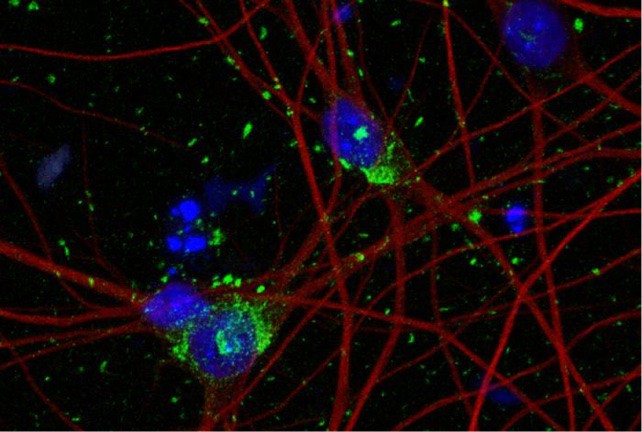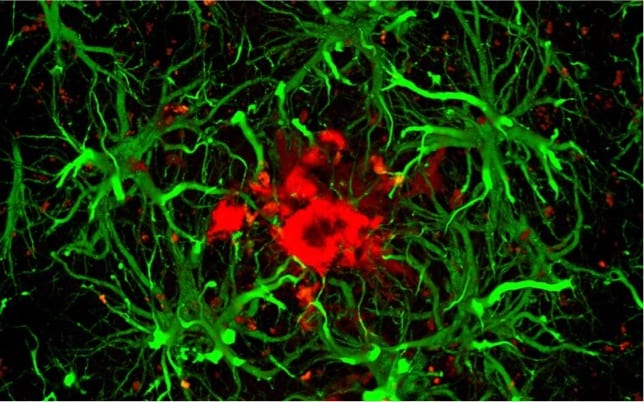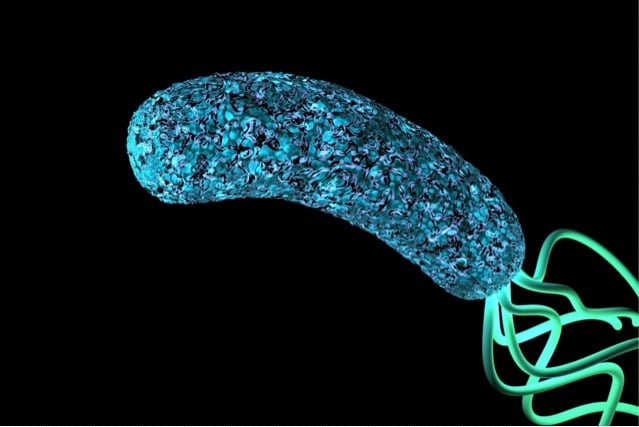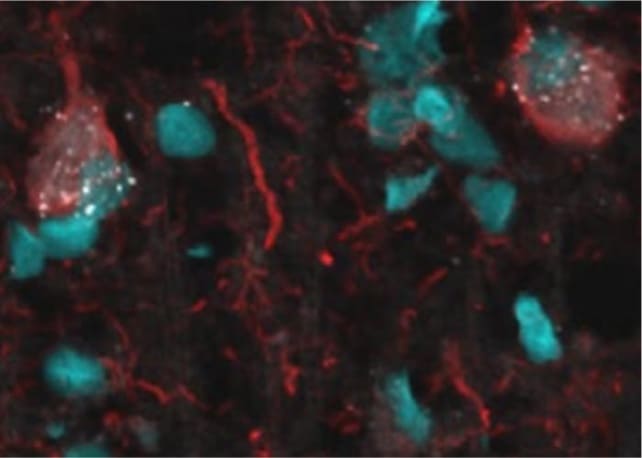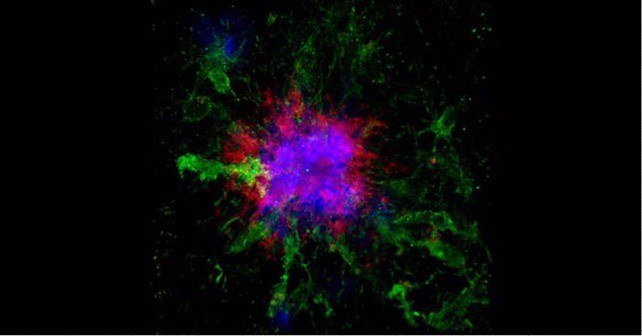Brain inflammation triggers muscle weakness after infections
New study shows that brain inflammation caused by infections and neurodegenerative diseases releases interleukin-6, which travels from the brain to the muscles and leads to a loss of muscle function. …


